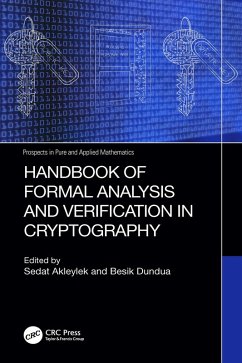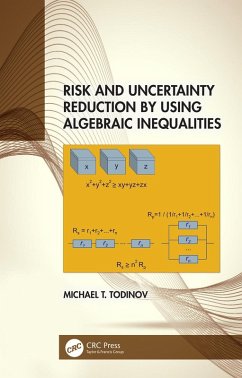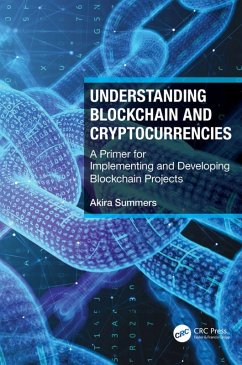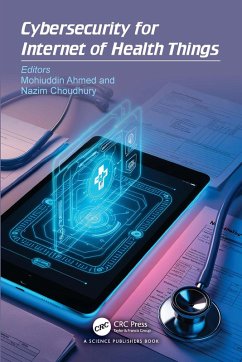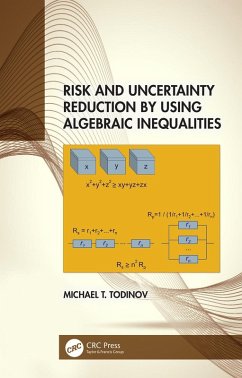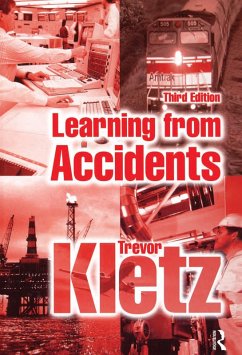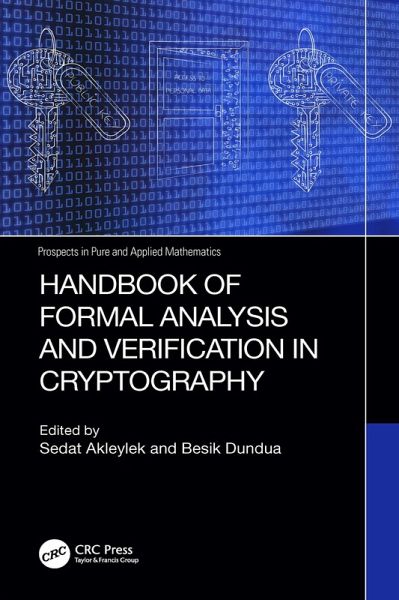
Handbook of Formal Analysis and Verification in Cryptography (eBook, ePUB)
Versandkostenfrei!
Sofort per Download lieferbar
65,95 €
inkl. MwSt.
Weitere Ausgaben:

PAYBACK Punkte
33 °P sammeln!
This handbook of formal analysis in cryptography is very important for secure communication and processing of information. It introduces readers to several formal verification methods and software used to analyse cryptographic protocols. The chapters give readers general knowledge and formal methods focusing on cryptographic protocols.Handbook of Formal Analysis and Verification in Cryptography includes major formalisms and tools used for formal verification of cryptography, with a spotlight on new-generation cryptosystems such as post-quantum, and presents a connection between formal analysis...
This handbook of formal analysis in cryptography is very important for secure communication and processing of information. It introduces readers to several formal verification methods and software used to analyse cryptographic protocols. The chapters give readers general knowledge and formal methods focusing on cryptographic protocols.
Handbook of Formal Analysis and Verification in Cryptography includes major formalisms and tools used for formal verification of cryptography, with a spotlight on new-generation cryptosystems such as post-quantum, and presents a connection between formal analysis and cryptographic schemes. The text offers formal methods to show whether security assumptions are valid and compares the most prominent formalism and tools as they outline common challenges and future research directions.
Graduate students, researchers, and engineers worldwide will find this an exciting read.
Handbook of Formal Analysis and Verification in Cryptography includes major formalisms and tools used for formal verification of cryptography, with a spotlight on new-generation cryptosystems such as post-quantum, and presents a connection between formal analysis and cryptographic schemes. The text offers formal methods to show whether security assumptions are valid and compares the most prominent formalism and tools as they outline common challenges and future research directions.
Graduate students, researchers, and engineers worldwide will find this an exciting read.
Dieser Download kann aus rechtlichen Gründen nur mit Rechnungsadresse in A, B, BG, CY, CZ, D, DK, EW, E, FIN, F, GR, HR, H, IRL, I, LT, L, LR, M, NL, PL, P, R, S, SLO, SK ausgeliefert werden.




